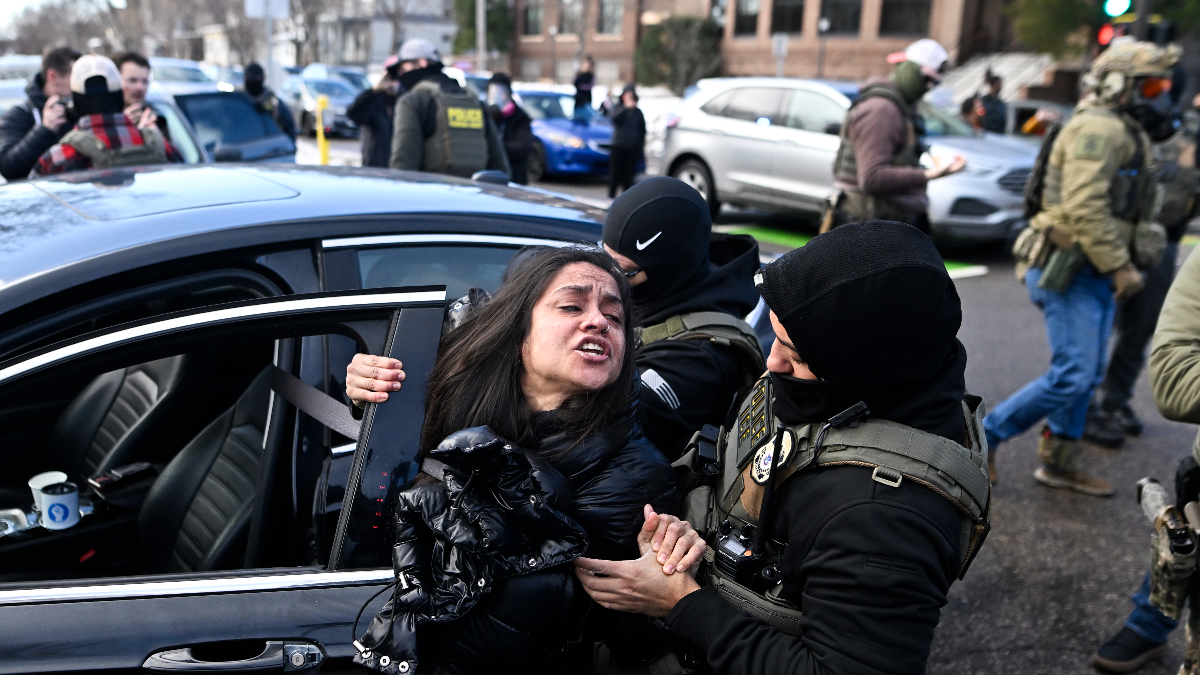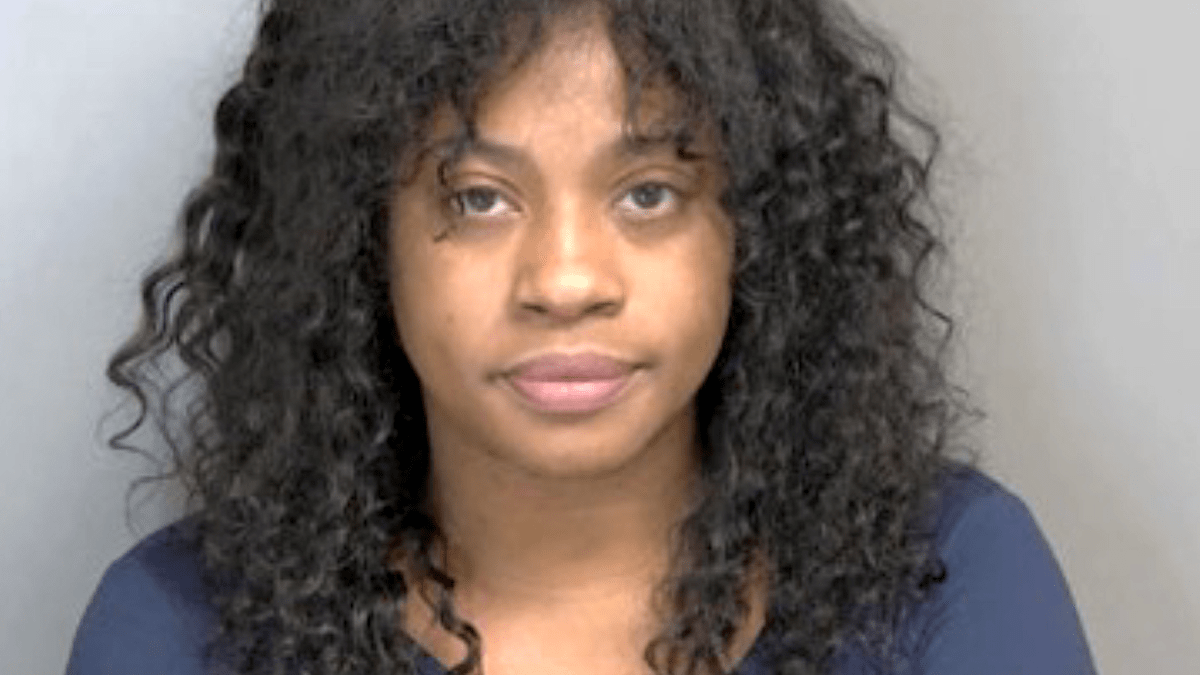
Three episodes were provided prior to broadcast.
When a teen show takes on subject matter a shade darker than the average high school politics or love triangles, it can often be a recipe for disaster. Overacting and melodramatic music can plague even the best of shows, leaving teen audiences with a warped view of what it actually means to go through struggles such as the death of a loved one or, in this case, addiction.
Well, don’t judge Freeform’s Recovery Road, which premieres Monday, Jan. 25 and is adapted from the book by Blake Nelson, by its synopsis. Yes, the series focuses on addiction, particularly that of a party girl named Maddie (Jessica Shula), but it manages to save itself from becoming overtly cheesy or preachy by focusing on its protagonist and taking a more realist approach to the behavior of its teen players.
When we first meet her, Maddie is living a wild life, full of neon lights and hair flipping – not to mention every substance a high school health textbook warns against. She’s reckless and fun, but careless enough to get caught by her guidance counselor Cynthia (Alexis Carra), who finds a water bottle full of vodka in Maddie’s locker. With the consent of Maddie’s mother Charlotte (Sharon Leal), Cynthia gives Maddie an ultimatum: she must enroll in an addiction treatment facility and live there while completing her junior year of high school.
After a rough day of detox, Maddie is sent to Springtime Meadows, an adult sober living facility that is part Wanderlust, part Disney Channel and has the finger-painted walls to prove it. Headed by an addiction counselor named Craig (David Witts) who, in true teen drama fashion, is young, hot and British, Springtime Meadows houses an eclectic group of recovering addicts including: Trish (Kyla Pratt), Maddie’s uber-bubbly and sweet roommate; Vern (Daniel Franzese), who seems like the actor’s character from Mean Girls ten years into the future; brooding bad-boy Wes (Sebastian De Souza), who mixes the smolder of Dylan McKay with the Socrates-quoting ability of Jess Mariano; and Rebecca Granger (Lindsay Pearce), a fellow teen who already has a dark, secret history with Maddie. As she adjusts to the rules and group hugs of Springtime Meadows, Maddie struggles to hide her sobriety from her friends at school, all while maintaining her reign as queen bee.
Recovery Road is certainly an ensemble show and structures itself as such, focusing on a different character each week, giving the audience a peak at their respective journeys to Springtime Meadows. However, the weight of the show undoubtedly rests on Maddie – and consequently Sula’s performance. Thankfully, this is where Recovery Road flourishes.
While elements of the series can feel soapy, Sula’s understated yet spunky portrayal of Maddie grounds the show and makes us root for her, even when the character is at her most narcissistic. Sula makes a character who could seem unfathomable – Maddie gets straight As, has an adorable boyfriend, is popular and stylish and remains a “frickin’ virgin” while somehow dealing and using drugs on the side – charming and full of dimensions the show promises to unearth.
Moreover, Maddie is one of the most authentically “teen” characters I’ve seen on television in a long time. Bold and entitled, Maddie is used to getting what she wants and has a sharp-enough tongue to ensure that happens. She’s selfish, completely unaware of the way her actions affect other people, and sometimes downright mean. She has her reasons of course – Maddie is still dealing with the loss of her father, who passed away three years before the series starts. But, the show doesn’t seem to shy away from the fact that its heroine isn’t “likable” or “nice,” at least in the traditional sense, and that’s refreshing.
Furthermore, Recovery Road works hard to explore the psyche of a teenage girl, and the multiplicities present in teenage behavior, that are so often portrayed as frivolous. This comes through most prominently in the show’s second episode, in which Maddie is forced to come up with tangible goals related to her sobriety. Maddie’s top concern is to get everyone in her life to “stop hating her,” and yet she runs around dishing out carefully crafted insults to anyone who doesn’t instantly do her bidding. She embodies a particular brand of self-imposed victimhood that feels incredibly authentic for a teenager who has never really had to consider anyone but herself.
While captivating and vibrant, Maddie isn’t a completely new look at a teenage girl – the show blurs the line between “mean girl” and “protagonist” in a manner that harkens back to movies and shows of the ’80s and ’90s. In fact, from the way the characters dress, to the blue toned flashbacks – the show borrows heavily from 1990s popular culture. At once, Maddie embodies both the dreamy wanderer quality of My So-Called Life’s Angela, and the reckless zest for life of wild-child Rayanne. Even Wes feels like a love interest dropped in from a simpler time when all teen boys were dark and romantic (though his and Maddie’s mutual attraction is threatened by the rules of rehab – no dating during the first year of recovery).










Published: Jan 22, 2016 02:34 pm